Nationalism

Jemmapes, 6 November 1792
This engraving of the battle of Jemappes, preromantic in its composition and style, depicts a group of French citizen–soldiers bravely risking themselves under the banner of liberty and overcoming all foes in marching to victory—a motif that would become common in the nineteenth century.
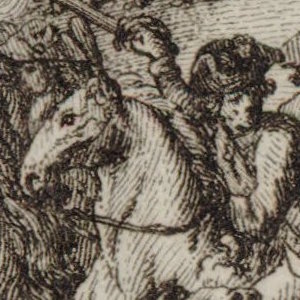
French Victory at the Battle of Jemmappes
This engraving first appeared in the newspaper Révolutions de Paris and shows the French General Charles–François Dumouriez entering the city of Mons after having led French forces to their first truly decisive victory of the war on 6 November 1792.
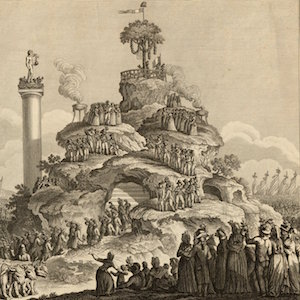
View of the Mound of Champ de la Reunion
In this watercolor of the Festival of the Supreme Being, we see a procession that includes a woman wearing a Phrygian cap paraded past a statue of Hercules holding two smaller statues of Liberty and Equality, towards a Liberty tree, atop the hill.

Britannia Rules the Waves!!
This color drawing from 1798 mocks both the French navy’s abysmal performance against Nelson’s fleet and the French hope to invade England; in the style of Gillray, it depicts a grotesque, gargantuan woman, straddling the English Channel and urinating into French ships while her trident pierces F
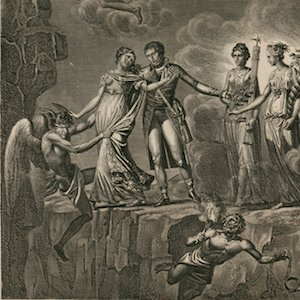
The Saving of France
In this propagandistic allegorical engraving, Napoleon saves the female figure of France from the abyss to which she has been led by "revolutionary fanaticism." The figure of fanaticism is armed to the teeth with "the daggers of party spirit" and holds in one hand the chains of slavery and in the
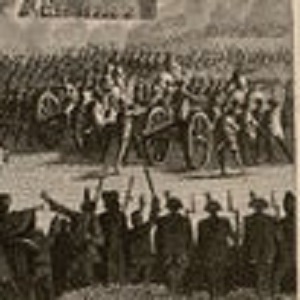
Return from Varennes, Arrival of Louis Capet in Paris
Following his arrest, Louis and his family are returned to Paris. Large, silent crowds looked on disapprovingly.
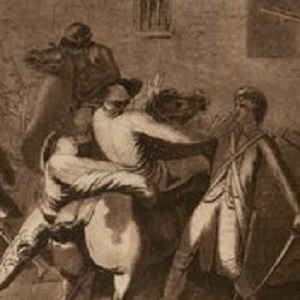
Fleeing by Design or the Perjurer Louis XVI
Another engraving of the King’s arrest portrays the guard apprehending Louis and his family in their flight from Paris in June 1791. From Varennes, the royal family is brought back to Paris accompanied by three deputies of the National Assembly, armed guards, and a sometimes angry crowd.

Louis XVI Stopt in his Flight at Varennes
This romantic English painting of the King’s flight suggests only a few feet separated the King from escape.
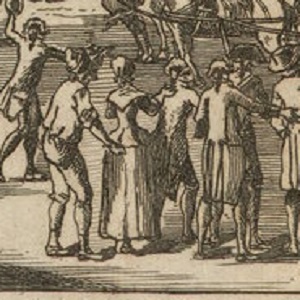
Arrest of the King at Varennes, 22 June 1791
These images, all engraved and widely circulated years after the event, show four different moments of the arrest. Each successive image renders the scene increasingly dramatic. The first, a woodcut executed shortly after the event, shows the postman alone recognizing the King.
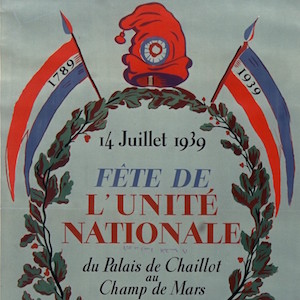
Festival of National Unity, 14 July 1939
In this celebration of national unity, the focus on 1789 is quite apparent. The Phrygian cap at the top of the decorations recalled the Revolution, as did the date for this celebration.